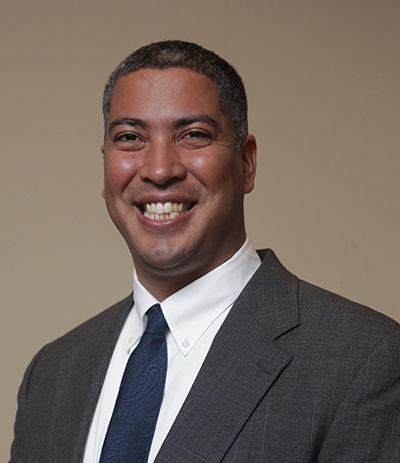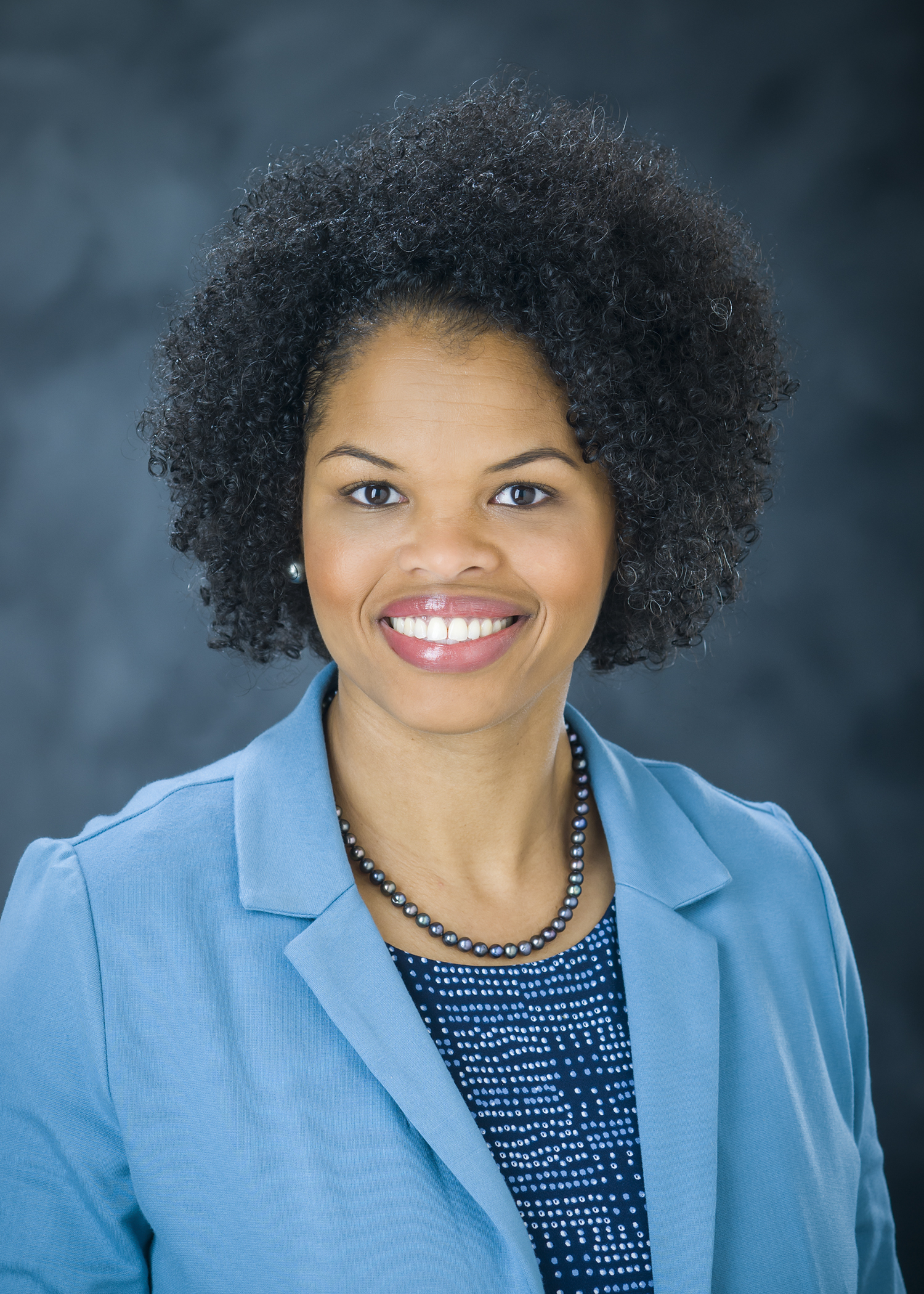Written by Rafael E. Luna, Ph.D.
Executive Director, National Research Mentoring Network
With Lakeisha Williams, Ph.D.
Associate Professor, Biomedical Engineering, Mississippi State University
For since the fabric of the universe is most perfect, ….. , nothing whatsoever takes place in the universe in which some relation of maximum and minimum does not appear”
Leonhard Euler, 18th century physicist and mathematician.
 Euler’s statement represents Dr. Lakeisha Williams journey, since she passed through Minimums even before she excelled in the engineering field. As a child her family and community quickly realized that she had a gift for learning and especially mathematics. However, it was not only her gift in mathematics that led her to achieve the Maximum of tenure as an Associate Professor in the Biomedical/Biological Engineering Department at Mississippi State University in Starkville, Mississippi. Her desire to bring positive change was also a major motivating factor for her pressing through when research and coursework became extremely challenging.
Euler’s statement represents Dr. Lakeisha Williams journey, since she passed through Minimums even before she excelled in the engineering field. As a child her family and community quickly realized that she had a gift for learning and especially mathematics. However, it was not only her gift in mathematics that led her to achieve the Maximum of tenure as an Associate Professor in the Biomedical/Biological Engineering Department at Mississippi State University in Starkville, Mississippi. Her desire to bring positive change was also a major motivating factor for her pressing through when research and coursework became extremely challenging.
As a young girl in her 9th Ward community in New Orleans, which was thrust into the national conscious due to Hurricane Katrina in 2005, Dr. Williams enjoyed playing school and classroom with her family. The United States witnessed a human catastrophe with Hurricane Katrina, however, Lakiesha’s memories predates Katrina as she remembers the loving African-American/French creole community in the 9th Ward, which was an oasis of community support, elders and mentors that insisted that she was the one to climb the socioeconomic ladder to approach an academic Maximum of tenure. Despite the circumstances that surrounded her, the numerous mentors in her community rallied behind her to ensure that any perceived Minimums are transitioned to Maximums. Hence it was the many mentor model that propelled her transitions through her career stages.
 As an inner city student with an excellent academic high school record, she could have easily attended the elite universities throughout the United States with large endowments; however, she opted for remaining local and attended Louisiana State University for her education in Biological Engineering, and eventually receiving her doctorate in Biomedical Engineering from Mississippi State University.
As an inner city student with an excellent academic high school record, she could have easily attended the elite universities throughout the United States with large endowments; however, she opted for remaining local and attended Louisiana State University for her education in Biological Engineering, and eventually receiving her doctorate in Biomedical Engineering from Mississippi State University.
Dr. Williams initially thought that she would become a physician; however, her love for helping others coupled with technical interests made Biomedical Engineering a logical career path. Currently, Dr. Williams serves as a mentor to numerous younger scientists in the South, wherein she distills a valuable lesson from the famed, inimitable New Orleans rapper Master P, “It is not where you from, but it is where you at”; hence Dr. Williams works tirelessly to transition younger underrepresented scientists from the South from their Minimums so that these bright young scientists reach their Maximums. She believes that success comes through hard work, focus and discipline. One of her life mottos that she actively preaches to her students and trainees “anyone can be great.”
Dr. Williams was the first African American Ph.D. graduate in Biomedical Engineering at Mississippi State University and the first African American faculty in her department at Mississippi State in 2006. The American Society for Engineering Education reports that as of 2015 only 2.5% of engineering tenure track faculty were African American and of that number 1.7% are in biomedical engineering.1 Dr. Williams is a shining light in the field of biomedical engineering and a direct product of the Multiple Mentor Model of an urban community. She is teaming up with NRMN to support its mission and outreach to ensure that thousands of underrepresented minorities in the United States are trained in the biomedical field irrespective of their place on the socioeconomic ladder. She is absolutely committed to help the next generation of scientists transition from their current career stage to their academic Maximums.
(photo of Lakeisha Williams by Russ Houston / © Mississippi State University)